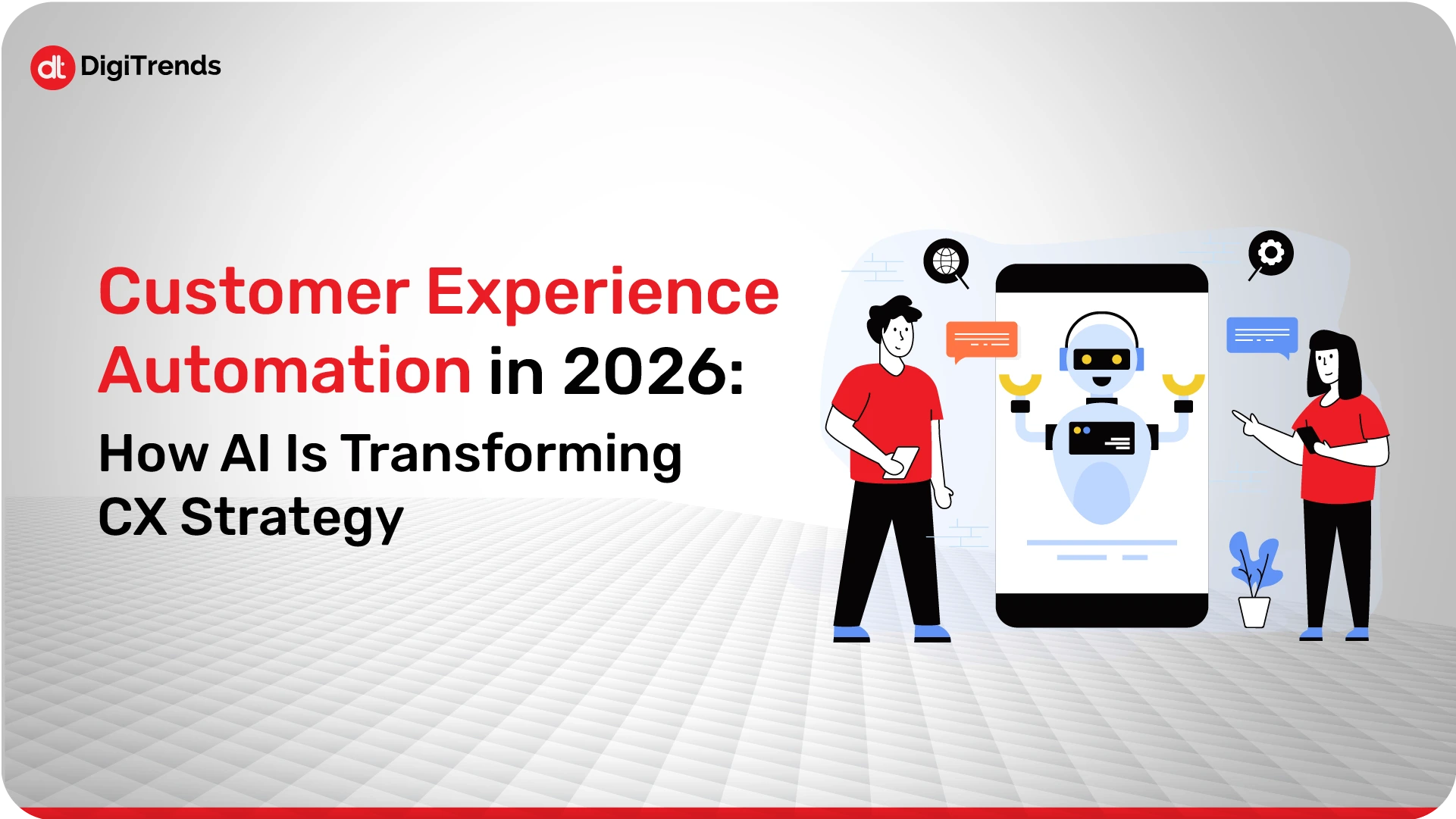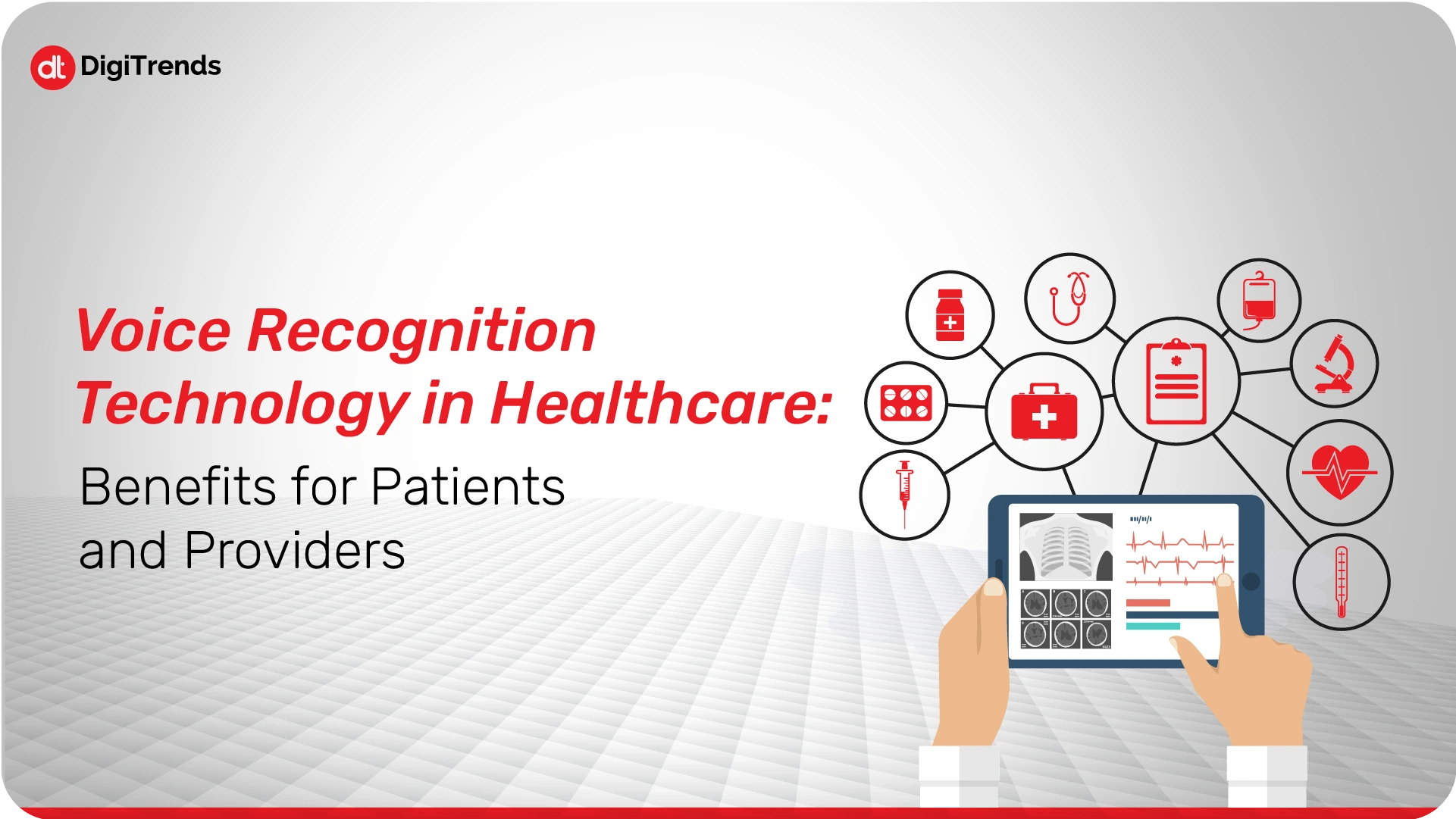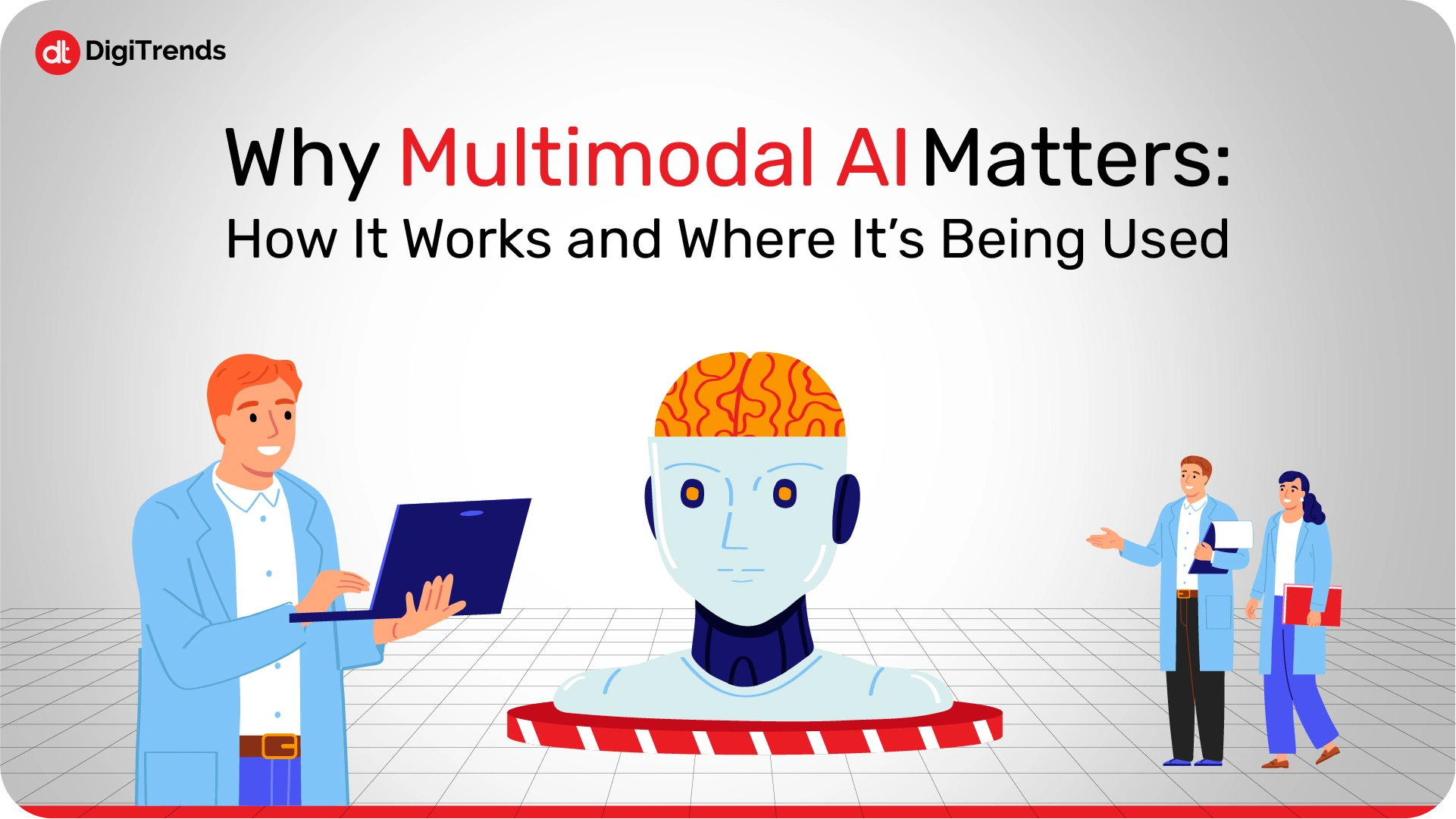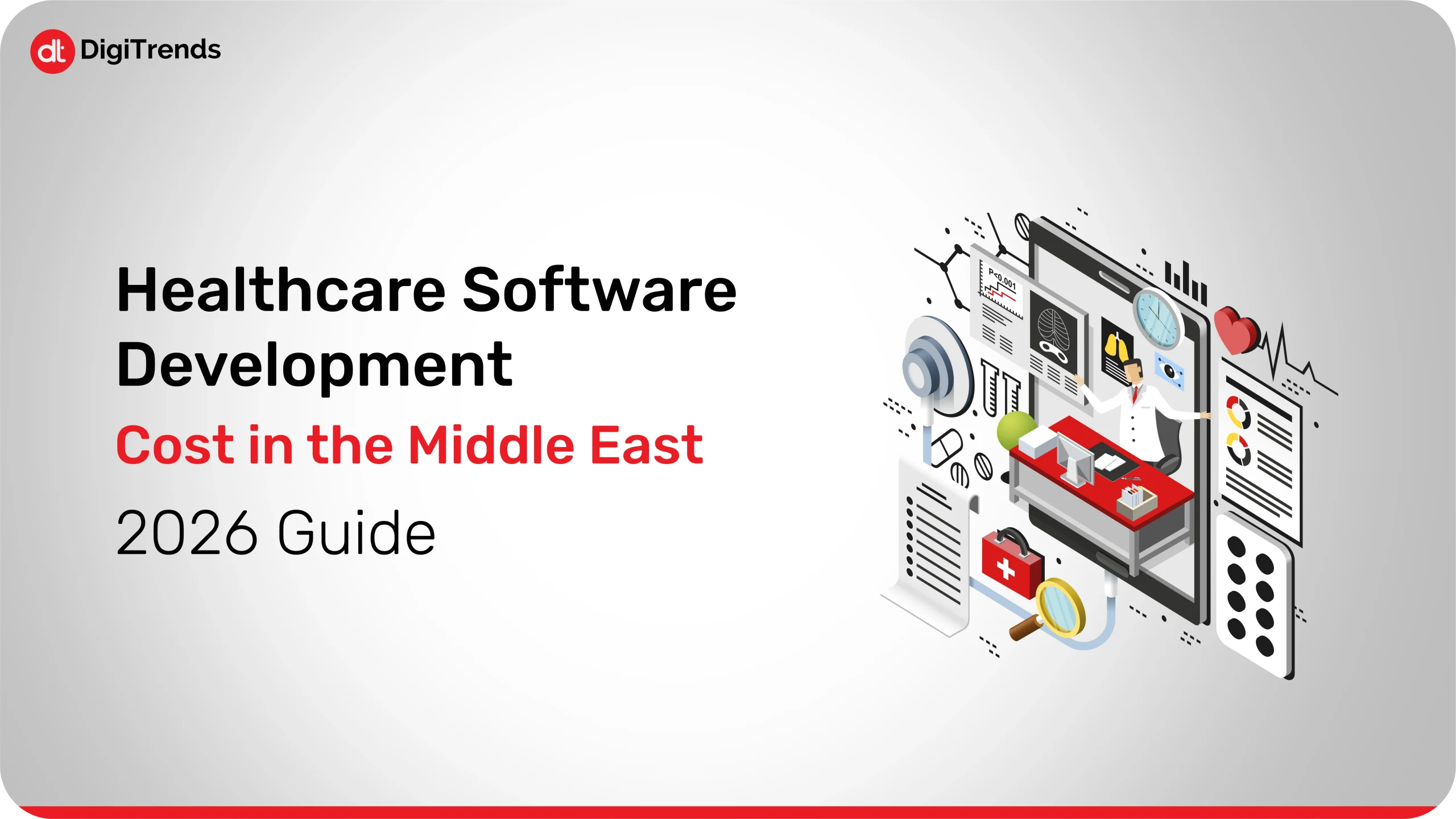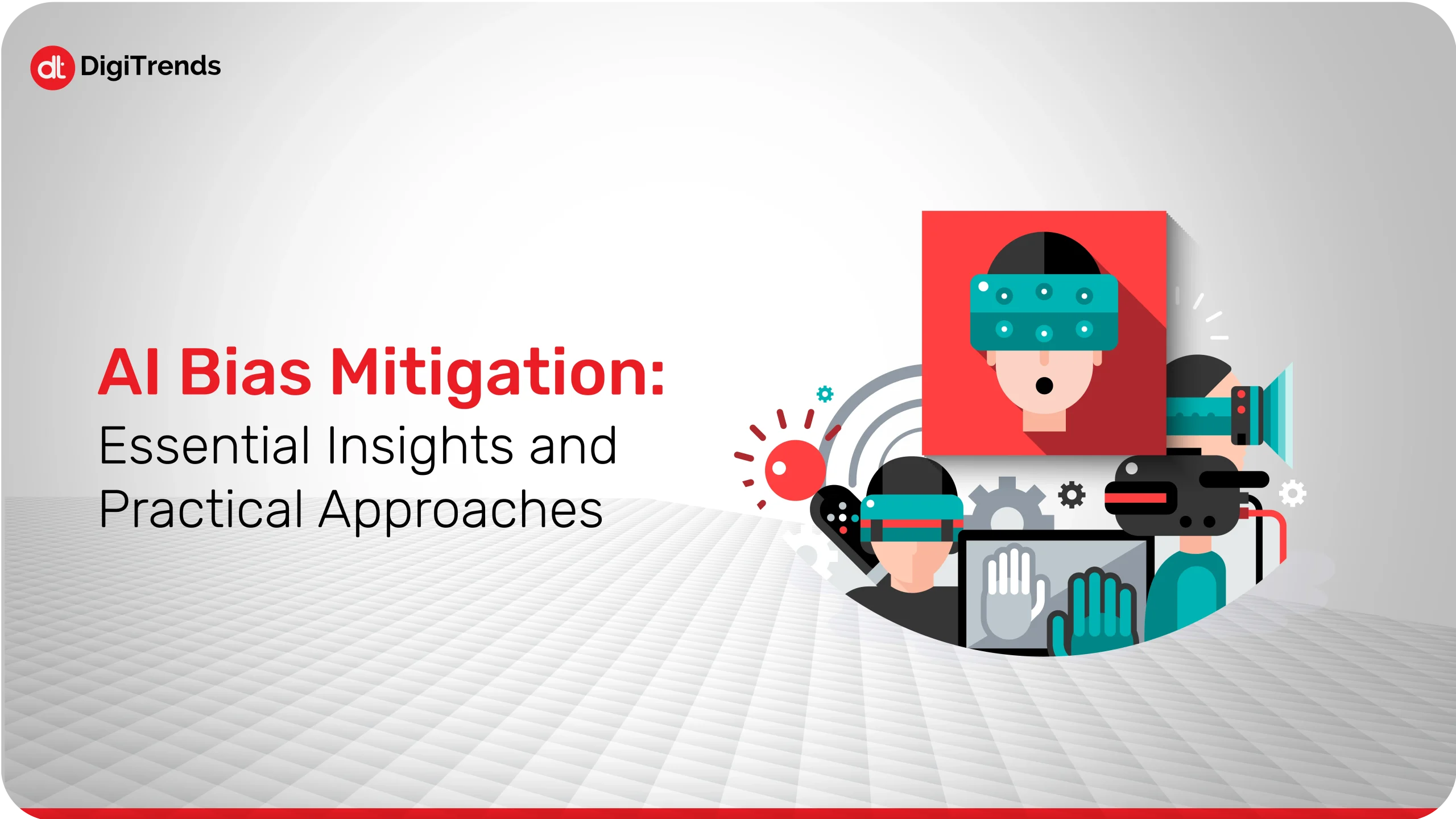Artificial Intelligence (AI) is one of the most exciting and rapidly advancing fields in technology today. It is transforming industries in ways we’ve never seen before, and one of the most significant areas it is making an impact is healthcare. AI in healthcare is revolutionizing the way we diagnose, treat, and prevent diseases, as well as how we deliver medical care.
But how exactly does AI work in healthcare, and what benefits does it bring? Let’s dive into the fascinating role AI is playing in this industry.
What is AI and How It Works
Before we go into the specific role AI plays in healthcare, it’s important we understand what AI is and how it works. AI refers to machines or computer systems that are designed to mimic human intelligence and perform tasks that typically require insight from a human. These tasks may include learning from experience, understanding natural language, recognizing patterns, making decisions, and solving complex problems.
AI is powered by algorithms, which are sets of rules or instructions that guide the machine’s learning process. There are different types of AI, but the most common ones used in healthcare include:
Machine Learning (ML): A type of AI in which computers use data to learn patterns and make decisions without needing extensive programming. In healthcare, ML can be used for analyzing patient data to make predictions about diseases or treatment outcomes.
Deep Learning (DL): A more advanced form of ML that uses neural networks with many layers to analyze large datasets. DL is often used in medical imaging and speech recognition.
Natural Language Processing (NLP): AI technology that enables machines to understand and interpret human language. NLP is used in healthcare for tasks such as analyzing medical records, extracting meaningful information from doctors’ notes, or providing chat-based virtual health assistants.
Through continuously analyzing large amounts of data, AI systems can become more accurate and efficient over time. This capability allows AI to play an integral role in various healthcare applications, from diagnosing diseases to drug discovery.
What is AI in Healthcare?
Artificial Intelligence in healthcare refers to the use of machine learning, deep learning, natural language processing (NLP), and other AI technologies to analyze, interpret, and use data for various medical purposes. AI systems are designed to process large amounts of healthcare data, such as patient records, diagnostic imaging, and medical research, to assist healthcare professionals in making more accurate decisions, improving patient outcomes, and even predicting future health issues.
In a healthcare setting, AI can be applied in multiple ways, from administrative tasks to patient care and drug development. By automating tasks, AI allows healthcare providers to focus on more critical aspects of patient care while enhancing efficiency and accuracy in medical procedures.
The Evolution of AI in Healthcare
The integration of Artificial Intelligence (AI) into healthcare has come a long way, transforming the industry in profound ways. From its early beginnings to its current capabilities, AI is reshaping how we diagnose, treat, and manage health conditions.
1. Early Beginnings: The journey of AI in healthcare began in the mid-20th century, with pioneers like Alan Turing and Kurt Gödel laying the groundwork for computational thinking. In the 1970s, early AI systems like MYCIN, which were developed to diagnose bacterial infections, represented a leap forward. Though rudimentary, such systems demonstrated the potential for computers to assist in medical decision-making.
2. The Rise of Machine Learning: By the 1980s and 1990s, machine learning algorithms started gaining traction. These systems used data and statistical methods to make predictions, laying the foundation for more sophisticated AI applications in healthcare. During this period, expert systems were developed to help with diagnoses and treatment recommendations, though they were still limited by data and computational power.
3. Data Explosion and Big Data Era: With the advent of electronic health records (EHRs) in the early 2000s, healthcare data began to grow exponentially. AI systems, particularly machine learning and deep learning thrived in this data-rich environment. The ability to analyze vast amounts of patient data from various sources, including genetic information, medical images, and clinical notes, led to significant advances in personalized medicine and predictive analytics.
4. AI in Medical Imaging: One of the most notable advancements has been in medical imaging. Deep learning, a subset of machine learning, has enabled AI systems to interpret medical images—such as X-rays, MRIs, and CT scans—with impressive accuracy. AI algorithms now assist radiologists in diagnosing conditions like tumors, often at earlier stages than human doctors.
5. AI in Drug Development: AI has also had a transformative impact on drug discovery. In recent years, AI tools have been used to predict molecular behavior, identify potential drug candidates, and accelerate clinical trials. This has reduced the time and cost of developing new drugs, especially in the wake of the COVID-19 pandemic, where AI was instrumental in speeding up vaccine development.
6. Current and Future Trends: Today, AI is making strides in virtual health assistants, robotic surgeries, and real-time patient monitoring through wearable devices. With continuous advances in natural language processing (NLP), AI is improving the accuracy of medical transcription, making healthcare processes more efficient. The future holds even more promise, with AI systems poised to enable real-time diagnostics, personalized treatments, and seamless integration into patient care.
The evolution of AI in healthcare has moved from early experimental systems to powerful, data-driven tools that are revolutionizing the industry. As AI continues to evolve, it holds the potential to further enhance the quality, accessibility, and efficiency of healthcare globally.
Partner with us – A Leading Healthcare AI Solutions Provider!
Transform your healthcare services with advanced AI technologies for enhanced care and efficiency.
Get Started with AI Solutions
Key Applications of AI in Healthcare
AI’s role in healthcare is vast and touches on several critical aspects. Here are some of the key areas where AI is making a significant difference:
1. Medical Imaging and Diagnostics
One of the most well-known applications of AI in healthcare is its ability to analyze medical images. Traditionally, doctors and radiologists would manually examine X-rays, CT scans, and MRIs to diagnose diseases. With AI, these images can be analyzed more quickly and accurately.
AI-powered algorithms can detect patterns in medical images that may be missed by the human eye. For example, AI can help detect early-stage cancers, such as breast cancer or lung cancer, by identifying tiny irregularities in X-rays or MRIs. In fact, studies have shown that AI algorithms can perform just as well as human experts, and in some cases, even outperform them. For example, an article published in Nature Medicine found that AI algorithms could more accurately analyze breast cancer screening images than radiologists.
2. Predictive Analytics for Patient Care
AI is also playing a pivotal role in predicting health outcomes. By analyzing vast amounts of patient data, AI can predict future health issues, enabling earlier interventions. For example, AI can predict which patients are at risk of developing chronic conditions such as diabetes or heart disease. With this information, healthcare providers can take preventative measures, potentially saving lives and reducing healthcare costs.
AI can also predict hospital readmissions, allowing doctors to intervene before a patient’s condition worsens. This not only helps in improving the patient’s health but also reduces the financial burden on the healthcare system.
DigiTrends CTA
Unlock Predictive Analytics for Smarter Patient Care!
Leverage AI to predict patient needs and personalize treatment strategies. Reach out today.
Explore Predictive Analytics
3. Personalized Medicine and Treatment Plans
Personalized medicine is another area where AI is making a big impact. Traditional medicine often uses a “one-size-fits-all” approach, where treatments and medications are based on general guidelines. However, AI allows healthcare providers to tailor treatments to the individual patient based on their unique genetic makeup, lifestyle, and medical history.
For instance, AI algorithms can analyze a patient’s genetic data and predict how they will respond to certain drugs. This helps in prescribing the most effective treatment while minimizing potential side effects. In cancer treatment, AI is already being used to create personalized treatment plans by analyzing genetic mutations and tumor characteristics.
4. Robotics and Surgery Assistance
AI-powered robots are increasingly being used to assist in surgeries, providing greater precision, control, and flexibility during procedures. These robots can assist surgeons in performing minimally invasive surgeries, reducing recovery times and the risk of complications.
AI in robotic surgery systems, like the da Vinci Surgical System, allows surgeons to make more precise incisions, resulting in less pain for the patient, quicker healing times, and smaller scars. These systems can also provide real-time data, which helps in monitoring the patient’s condition throughout the procedure.
5. Virtual Health Assistants and Chatbots
Another exciting application of AI in healthcare is virtual assistants or chatbots that can provide patients with immediate medical guidance. These AI-driven tools are available 24/7, helping patients with a wide range of tasks, from scheduling appointments to answering questions about symptoms.
AI chatbots can provide initial diagnosis recommendations based on patient symptoms, which can help direct patients to the right healthcare professional. In addition, virtual assistants can help with medication reminders, follow-up care, and overall health management. For example, Infermedica offers a chatbot that provides medical advice based on a patient’s input and recommends the next steps for the patients to take based on the likely diagnosis from given symptoms.
6. Drug Discovery and Development
AI is also accelerating the process of drug discovery. Traditionally, drug development is a time-consuming and expensive process that takes years to complete. AI can speed up this process by analyzing large datasets to identify promising drug candidates and predict how they will interact with the human body.
For example, AI can simulate how different molecules will behave in the human body, helping to identify potential drug compounds more efficiently. Insilico Medicine, an AI company, used AI to identify a potential drug candidate for fibrosis, a process that would have typically taken years.
7. Clinical Decision Support
AI-powered clinical decision support systems (CDSS) assist healthcare professionals by providing data-driven insights to aid in decision-making. These systems analyze patient data, medical histories, lab results, and other relevant information to recommend treatment options, flag potential risks, or suggest diagnostic tests.
AI can help identify the most effective treatments for specific conditions based on current medical research and patient data, improving the quality of care provided. It can also alert doctors to potential drug interactions, allergies, or irregular test results that might otherwise go unnoticed.
For example, AI tools like IBM Watson for Oncology analyze vast amounts of medical literature and clinical data to suggest personalized cancer treatments for patients. By integrating AI into clinical decision-making, doctors can make more informed and timely decisions, improving patient outcomes and reducing errors.
8. AI in Mental Health Care
AI is also being applied in mental health care to diagnose and treat conditions like depression, anxiety, and PTSD. AI-powered chatbots and virtual assistants are used to provide therapy or support for individuals who may not have immediate access to a mental health professional. For example, platforms like Woebot use natural language processing (NLP) and machine learning to interact with users and offer cognitive behavioral therapy (CBT) techniques. These AI systems can help monitor patients’ moods, track symptoms over time, and suggest coping strategies based on the patient’s responses.
DigiTrends CTA
Revolutionize Your Medical Imaging with AI!
Discover the power of AI-driven diagnostics and take your imaging services to the next level.
Start Your AI Imaging Journey
Benefits of AI in Healthcare
The integration of AI into healthcare is bringing numerous benefits that are transforming the industry in ways that were once thought impossible. Some of the key advantages include:
1. Improved Accuracy and Efficiency
AI can analyze medical data much faster and more accurately than humans. By detecting patterns and anomalies, AI can assist doctors in diagnosing diseases early, leading to better patient outcomes. It also reduces the chances of human error, which can be particularly important in high-stakes situations like surgeries.
2. Cost Reduction
AI has the potential to significantly reduce healthcare costs. By improving diagnostic accuracy and preventing unnecessary procedures, AI can lower the number of misdiagnoses and the need for costly treatments. Predictive analytics can also help healthcare providers focus on preventive care, ultimately reducing hospital readmissions and emergency room visits.
3. Enhanced Patient Experience
With AI, patients can receive faster care and more personalized treatment. Virtual assistants, for example, can handle appointment scheduling, medication reminders, and other routine tasks, improving the overall patient experience. AI-powered chatbots can also reduce wait times for medical advice, helping patients get the answers they need without having to wait for a doctor’s office visit.
4. Access to Healthcare
AI has the potential to bring healthcare to underserved populations, especially in rural or remote areas. Virtual health assistants and telemedicine powered by AI can provide medical consultations to people who might not otherwise have access to a healthcare provider. This democratizes healthcare, making it more accessible to everyone, regardless of location or economic status.
5. Faster Drug Development
AI is drastically reducing the time required to develop new drugs. With AI’s ability to process vast amounts of data, the drug discovery process has become faster and more efficient. This not only helps bring new treatments to market quicker but also lowers the cost of drug development, making medications more affordable.
Challenges and Ethical Considerations
While the potential of AI in healthcare is immense, there are several challenges and ethical considerations to address:
1. Data Privacy and Security
AI systems rely on vast amounts of patient data, which raises concerns about privacy and data security. Healthcare data is extremely sensitive, and any breach could have serious consequences for both patients and healthcare providers. Ensuring that AI systems adhere to strict data protection standards and regulations like HIPAA is critical to maintaining trust in these technologies.
2. Bias in AI Algorithms
AI systems are only as good as the data they are trained on. If the data used to train AI algorithms is biased or unrepresentative, the AI’s recommendations may also be biased. For example, if an AI system is trained mostly on data from one demographic group, it may not provide accurate diagnoses or treatment recommendations for other groups.
Addressing biases in AI training data is an ongoing challenge in healthcare. It’s essential to ensure that AI systems are trained on diverse and representative datasets to avoid unfair or inaccurate outcomes.
3. Regulatory and Legal Issues
AI in healthcare is still relatively new, and the regulatory framework for its use is still being developed. Ensuring that AI systems meet safety and efficacy standards is essential before they can be widely adopted. Governments and regulatory bodies will need to create guidelines and policies to ensure that AI technologies are safe and effective for patient care.
4. Job Displacement
With AI automating many tasks in healthcare, there is concern about the potential for job displacement. While AI can assist healthcare workers, it cannot replace the human element of care. It’s important to find a balance where AI works alongside healthcare professionals to improve patient outcomes without reducing employment opportunities.
DigiTrends CTA
The Future of AI in Healthcare
Looking ahead, the role of AI in healthcare is expected to expand even further. Innovations such as AI-driven genomics, real-time patient monitoring, and advanced robotic surgeries will continue to improve patient care. The use of AI will also help address some of the biggest challenges in healthcare, such as the shortage of healthcare workers, the rising costs of care, and the need for personalized treatments.
As AI technologies continue to evolve, they will open up new possibilities for better, faster, and more effective healthcare. The future is promising, and AI is poised to be a driving force behind a healthier, more efficient healthcare system for everyone.
Conclusion
AI in healthcare is no longer a futuristic concept—it’s a reality that is already making a profound impact on the way we approach medicine. From improving diagnostic accuracy and personalizing treatments to reducing healthcare costs and enhancing the patient experience, AI is revolutionizing the industry in numerous ways. While challenges remain, the potential benefits far outweigh the risks, and AI is set to continue shaping the future of healthcare. As AI technology improves, it will unlock even greater potential for providing high-quality, accessible, and affordable healthcare worldwide. The future of healthcare is indeed bright, and AI is leading the way.
